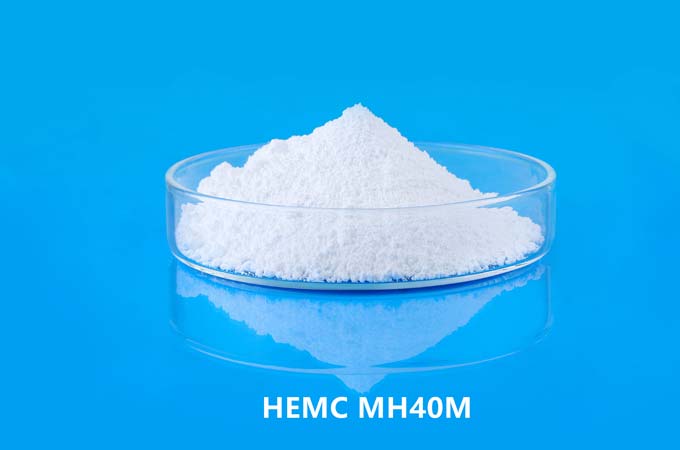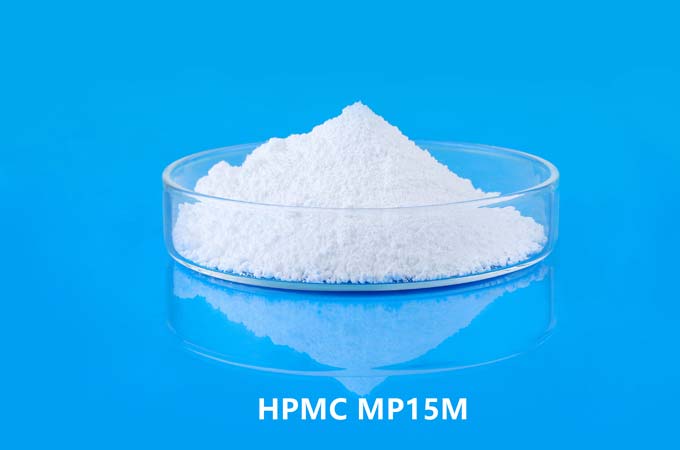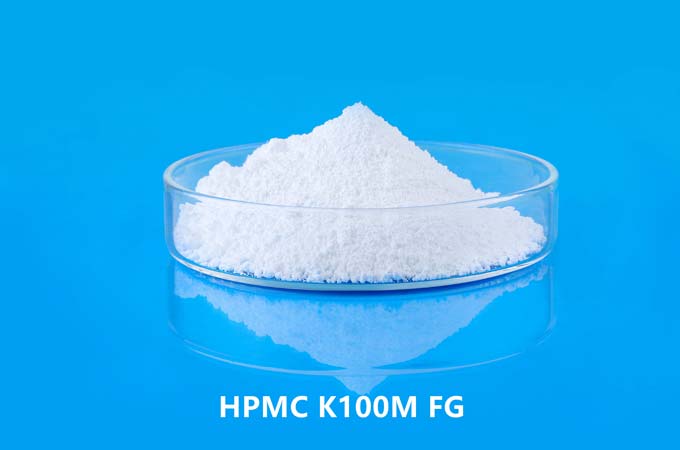Cellulose Ether, Hydroxypropyl Methyl Cellulose (HPMC)
The difference between methylcellulose (MC) and hydroxypropylmethylcellulose (HPMC)
1. Hydroxypropyl methylcellulose is easily soluble in cold water, but hardly soluble in hot water. However, its gelling temperature in hot water is significantly higher than that of methyl cellulose (MC). And compared with methylcellulose, the solubility in cold water has also been greatly improved.
2. The viscosity of hydroxypropyl methylcellulose is related to the molecular weight, the larger the molecular weight, the higher the viscosity. Temperature also affects its viscosity. As the temperature increases, the viscosity decreases. However, the viscosity of hydroxypropyl methylcellulose is less affected by temperature than methylcellulose, and its solution is stable at room temperature.
3. Hydroxypropyl methylcellulose is stable to acid and alkali, and its aqueous solution is very stable at pH 2-12. Caustic soda and lime water have little effect on its performance. But the alkali can speed up its dissolution and slightly increase the viscosity. HPMC is stable to common salts, but when the concentration of salt solution is high, the viscosity of hydroxypropyl methylcellulose solution tends to increase.
4. The water retention of hydroxypropyl methylcellulose depends on its addition amount and viscosity. In the case of the same amount of addition, the water retention rate of HPMC is higher than that of methyl cellulose.
5. Hydroxypropyl methylcellulose has better enzyme resistance than methylcellulose, and the possibility of enzymatic degradation of hydroxypropyl methylcellulose is less than that of MC.
6. The adhesion of hydroxypropyl methylcellulose to mortar construction is higher than that of methylcellulose.
7. Hydroxypropyl methylcellulose can be mixed with water-soluble polymers to form a uniform solution with high viscosity, such as polyvinyl alcohol, starch ether, vegetable gum, etc.
 English
English 日本語
日本語 français
français Deutsch
Deutsch Español
Español italiano
italiano русский
русский português
português العربية
العربية Türkçe
Türkçe Nederland
Nederland



